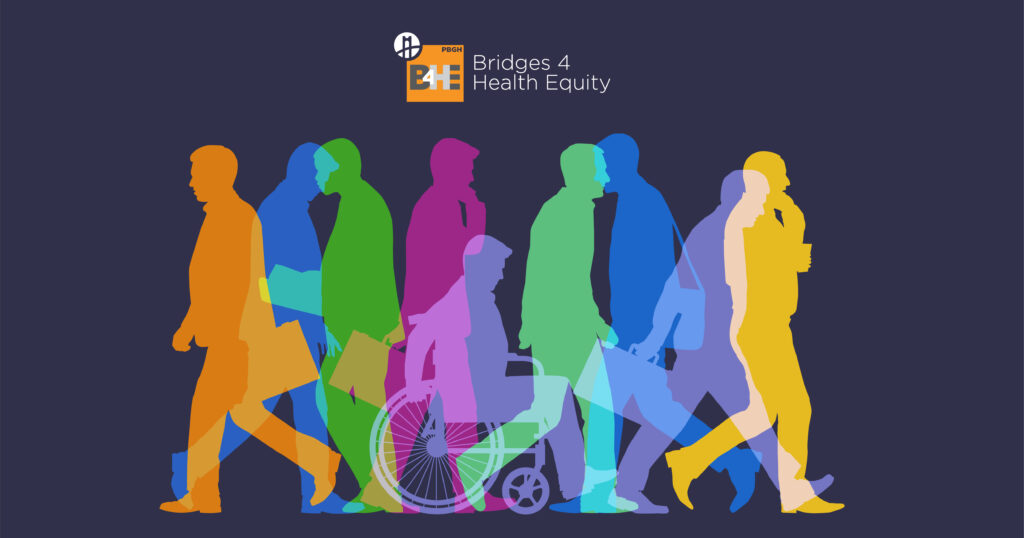I came across the article, “Why the Color of Your Skin Can Affect the Quality of Your Diagnosis” the other day. It highlights points that are frequent threads in my research regarding health equity.
This article broke down five factors that can impact quality of care due to a patient’s skin color. These included: Explicit Racial Bias, Implicit Racial Bias, Missing Data, Lack of Trust, and Reduced Access.
Explicit racial bias is what comes to mind first with inequitable healthcare. Despite a lengthy education, healthcare providers unfortunately can still have prejudices. Prejudice theories are in medical schools’ education. There is a long thought belief that Black people have a higher tolerance of pain. This originated with doctors like James Marion Sims. He was once considered the “Father of Modern Gynecology” in textbooks. Sims experimented on enslaved women without consent or anesthesia. This systemic racism exists in healthcare. Often times unknowingly because its so engrained within the system.

great healthcare begins with People First.
At the root of implicit bias is cognitive bias. This influences a patient’s diagnosis. Black men and women report they often feel dismissed and do not receive proper treatment. Societal status has no control over this either. Serena Williams, world-famous tennis star, was dismissed by her healthcare team after giving birth to her daugther by c-section. The day after the surgery she became short of breath. She immediately knew what was happening due to her history of pulmonary embolisms.. Yet, Serena’s healthcare team dismissed her. She had to demand for the correct treatment. Her prior knowledge and assertiveness saved her life. It should not be this hard. Proper treatment comes with the inherent value of being a human being.
This story of being brushed aside is all too common. Last year, we heard from Charles Johnson during the first installment of our 2021 Health Equity Series. He shared the story of his wife, Kira Johnson. She lost her life tragically hours after giving birth to their second child via c-section. Charles pled with nurses and doctors, knowing something was wrong with Kira. They dismissed him again and again. At one point, a nurse even told him “Your wife is just not our priority right now.”
Upcoming in April’s 2022 Health Equity Series, we will hear from Wanda Irving. Her daugther, Dr. Shalon Irving, lost her life after having blood pressure complications postpartum. Dr. Irving had it all. She earned two master’s degrees and a dual subject PhD. This led to a successful career as an epidemiologist with the CDC. She also had a strong insurance plan and support network. That proved to not be enough. Racism played a part in her death at 36 years old.
Data! Data! Data! Or lack there of. Missing data is such a huge issue and continuous theme in health inequity. The most effective way to respond to inaccurate beliefs is with data. Unfortunately, not much data exists on patients of color. The lack of data and research influences the cognitive bias mentioned before.
Black patients are more prone to certain health conditions. These include stroke, high blood pressure, heart disease, and diabetes. This is where research is so vital. Lack of data leads to errors with diagnosis and in treatment. This makes Black people more vulnerable for these conditions.
During a recent interview on the Today show, Angelina Jolie discussed health disparities. She pointed out that so much of dermatology focuses on white skin. Healthcare providers must keep this in mind. For instance, bruises show up differently on darker skin versus white skin. Another point often forgotten that causes a Black patient to be dismissed.
In addition, daily discrimination and racism creates a massive amount of stress. This has a huge impact on the body. It also contributes to the health issues Black patients face. Dr. Scott Cook spoke during the first installment of our 2022 Health Equity. He explained that you only “get so many heartbeats.” Communities of color literally use up more heartbeats faster. They face a heavy set of challenges due to racism, exposing them to higher levels of trauma. They face insult to their identity and self-worth. Which in turn effects their mental health disproportionately. Racism causes this vicious cycle. They are dealing with more trauma, but often receive less treatment. At the root of poor health, is racism.
There is a history of experimentation and improper treatment within communities of color. (Including the horrific story of the Tuskegee Study) No wonder there is a lack of trust with the healthcare system. Known as Iatrophobia, or fear of the healer.
Healthcare isn’t always accessible. The National Alliance of Healthcare Purchaser Coalitions recently collaborated with PBGH and Kentuckiana Health Collaborative. They held a yearlong study regarding social determinants of health. It looked at health equity and racial bias, along with social risks and needs. The study broke down how these impact their employees’ health and well-being. It’s so critical for employers to identify their workforce’s social determinants of health. Then they must figure out solutions.
What else can be done?
Increased diversity in healthcare is a must. Black Men in White Coats is an initiative to get more people of color into health sciences.

Those in healthcare, must be opened to learn and acknowledge when they are wrong. Taking part in webinars, like our health equity series, is a start. Become aware of what is happening. Become an advocate. When you see something, say something. Be accountable for your actions. Take our Equity Pledge Challenge and be a part of the change.
We will not reach health equity until there is a true level playing field in healthcare.
Post a Comment